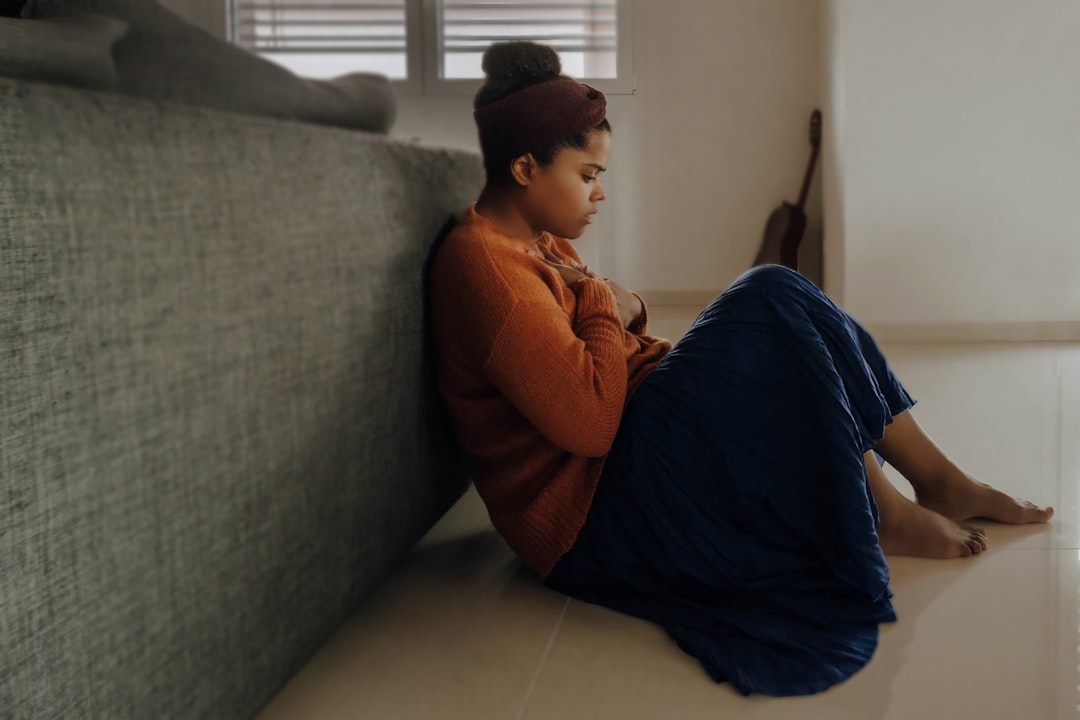Originally published in the Moultrie News.
Like all parents, I worry about my child’s mental health. I can go online or consult a therapist for a list of warning signs, but teachers see kids struggling every day, and you see them in comparison to kids who are mentally healthy, unlike parents. I realize teachers aren’t psychologists, but are there signs that a child might be mentally at risk?
There’s no question that kids are becoming more mentally unhealthy. A 2022 study published by the National Institute of Health found that 15 percent of kids ages 12-17 had a major depressive episode, 37 percent had persistent feelings of sadness or hopelessness, and almost 20 percent had seriously considered suicide.
As you state, teachers aren’t psychologists, but we can observe behaviors that often presage or are associated with students needing mental health intervention. Obviously, this doesn’t mean every child who exhibits these traits needs help; each child is different.
Something to consider is cause and effect. Could these behaviors lead to mental unhealthiness, or are they a symptom of it? Either way, if you see these signs, it might be something to keep your eye on.
Chronic absenteeism — I don’t think I’ve ever seen a mentally healthy child who regularly misses school. Kids need social stimulation, movement, learning, and experiences. We saw what isolation did to kids during the pandemic lockdowns, and the results were catastrophic.
THC use — Kids have recently found new ways (vaping, candies, drinks) to ingest THC at far higher concentrations than ever before. Also, due to state legalization efforts, even middle schoolers have no problem getting marijuana in whatever form they desire. Kids using these new forms of THC often display a constellation of mentally unhealthy characteristics, including aggression, volatility, depression, self-loathing, and suicidal ideation.
Premature political preoccupation — This concern can mostly be laid at the feet of social media. Younger students (pre-high school) are seldom mentally prepared for the weight that serious political involvement—left or right—places on them. When a 10-year-old believes the earth’s existence hinges on his or her activism, for example, the responsibility is too heavy to carry. Kids absorb the highest toll of anxiety and depression when they are led to express anger toward others. Disputes over censorship, abortion, and social issues where people constantly vilify one another are unsuitable battlegrounds for kids. They simply aren’t sufficiently developed to process the issues in a reasonable context. Remember that the first Children’s Crusade in history ended disastrously for the children. From a mental health perspective, today’s youthful crusaders may not be faring much better.
There is an exception to this red flag. Kids involved in conflict-free causes that help others tend to be more mentally healthy than their peers. Examples are fundraising for the poor, food drives, and disaster relief efforts.
Attention-seeking — This can include a myriad of behaviors, from acting out in class to sporting bright green hair. For many children, this is typical impulsivity or rite-of-passage behavior, but for some, it can indicate anxiety or poor self-esteem.
Preoccupation with death and despair — Behaviors like dressing only in black and cutting oneself could be part of a harmless “phase” or possible indicators of serious struggle.
Finally, there are two special cases I mention because students who display them may be mentally healthy as kids, but if the behaviors take root, they can lead to mental unhealthiness in adulthood:
Apathy — Not caring about school can lead to not caring about work, relationships, or other consequential concerns later on. When the consequences finally hit, mental health will surely be at risk.
Perfectionism — At the other extreme, kids who spend hours on homework every night and go into a tailspin when their grades drop below an A+ may be headed for a breakdown when the pressures of real life eventually become too great.
Of course, these are all just teachers’ anecdotal observations. They may or may not be relevant to your child. If you suspect your child may be struggling with mental health, reach out to your school counselor or a mental health professional. They can direct you to the best source of help.
Read the original column here.




Just read this week's column. So pleased with the question and your answer. I was particularly happy that you included the dangers of exposing children to the political drama at a young age.
I read your column weekly. So proud to have known you all these years.
Excellent information. Thank you.